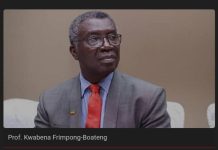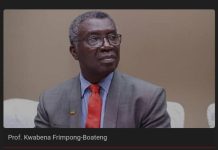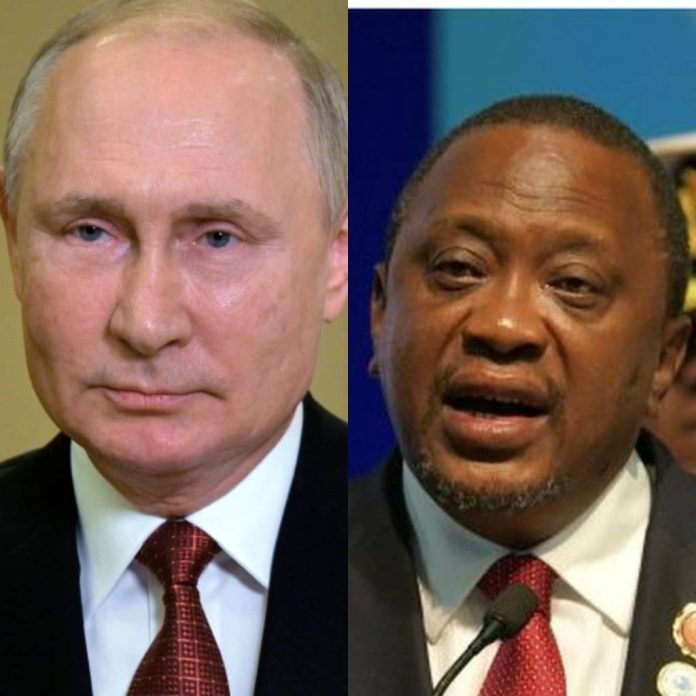ICIJ’s largest-ever investigation on the offshore world unlocks financial secrets of politicians, billionaires and the global elite
The Pandora Papers investigation lays bare the global entanglement of political power and secretive offshore finance.
Based upon the most expansive leak of tax haven files in history, the investigation reveals the secret deals and hidden assets of more than 330 politicians and high-level public officials in more than 90 countries and territories, including 35 country leaders. Ambassadors, mayors and ministers, presidential advisers, generals and a central bank governor appear in the files.
The International Consortium of Investigative Journalists, a nonprofit newsroom and network of journalists centered in Washington, D.C., obtained more than 11.9 million financial records, containing 2.94 terabytes of confidential information from 14 offshore service providers, enterprises that set up and manage shell companies and trusts in tax havens around the globe.
The files reveal secret offshore holdings of more than 130 billionaires from 45 countries including 46 Russian oligarchs. In 2021, according to Forbes, 100 of the billionaires had a collective fortune of more than $600 billion. Other clients include bankers, big political donors, arms dealers, international criminals, pop stars, spy chiefs and sporting giants.
ICIJ shared the files with 150 media partners, launching the broadest collaboration in journalism history.
For nearly two years, ICIJ organized and led an investigation that grew to encompass more than 600 journalists in 117 countries and territories. Reporters followed leads to a cliffside mansion in California, a sugar plantation in the Dominican Republic, a polluting factory in Italy, high-rise towers in Dubai and a Turkish hospital where workers alleged mistreatment.
The documents span five decades, with most created between 1996 and 2020. They include information on more than 29,000 beneficial owners, the ultimate owners of offshore assets. That is more than twice the number of owners found five years ago in the Panama Papers investigation, which was based on a leak from a single law firm.
Read Also: Darko Farms revitalised under 1–District-1-Factory
While owning an offshore company is legal, the secrecy it provides can give cover to illicit money flows, enabling bribery, money laundering, tax evasion, terrorism financing and human trafficking and other human rights abuses, experts say. The Pandora Papers offer fresh insights into international corruption scandals, including the far-reaching bribery operation of Brazilian contracting giant Odebrecht S.A., the international soccer scandal known as FIFAGate and the alleged looting of Venezuelan public assets.
Poor nations are disproportionately harmed by the stashing of wealth in tax havens, which starves treasuries of funds to pay for roads, schools and hospitals. The Pandora Papers probe reveals that international leaders who could tackle offshore tax avoidance have themselves secretly moved money and assets beyond the reach of tax and law enforcement authorities as their citizens struggle.
Current and former leaders who have owned secret companies and trusts, as revealed by the Pandora Papers investigation, include King Abdullah II of Jordan, the prime ministers of Côte d’Ivoire and the Czech Republic, the presidents of Ecuador, Kenya and Gabon and the former presidents of El Salvador, Panama, Paraguay and Honduras.
The files also shed light on the financial dealings of Chavistas in Venezuela, fugitive cult leaders and their followers, kleptocrats and their families, neo-Nazis, a mineral water dealer convicted of soliciting the murders of a judge and a prosecutor, a fugitive millionaire pedophile and terrorism financiers.
Other players in the Pandora Papers’ global cast include a Bitcoin czar sentenced for money laundering in connection with the largest cyberheist in history . And offshore investments were linked to Bollywood actors, soccer stars, corrupt sports’ officials, a king’s lover, feuding princesses, movie directors and stars, supermodels, acclaimed designers and world-famous singers.
We call the project Pandora Papers because this collaboration builds upon the legacy of the Panama and Paradise Papers, and the ancient myth of Pandora’s Box still evokes an outpouring of trouble and woe.
The reporting shows how the United States, in particular, has become an increasingly attractive destination for hidden wealth, although the U.S. and its Western allies condemn smaller countries for allowing the flow of money and assets tied to corruption and crime.
The Pandora Papers include documents from 206 U.S. trusts in 15 states and Washington, D.C., and 22 U.S. trustee companies.
The documents provide details about the movement of hundreds of millions of dollars from offshore havens in the Caribbean and Europe into South Dakota, a sparsely populated American state that has become a major destination for foreign money.
Reporting by ICIJ and its partners challenges the offshore industry’s claims that service providers judiciously vet clients and strive to act within the law, and it highlights the cost to the public interest of letting the rich and powerful shield their wealth from the law.
The reporting reveals how the largest law firm in the U.S., Baker McKenzie, helped create the modern offshore system, and how another law firm, Alcogal in Panama, has played an outsize role in sustaining it.
It shows how little-known corporate service providers have aided the financial maneuvers of people facing criminal investigations or costly civil lawsuits, including an executive of a Belgian chemical company accused of environmental crimes and a Florida accomplice of the Colombo crime family.
And it shows how offshore firms are used to conceal the provenance of art and antiquities. The reporting team found that dozens of ancient relics remain on display in prominent museums despite having been linked to a celebrated collector later suspected of smuggling on a grand scale.
One notably disheartening line of inquiry involves secret investors in one of the biggest corporate landlords in the U.S. These investors are profiting from evictions carried out in the midst of a global pandemic. And they include trusts holding millions devoted to the Legion of Christ, a Roman Catholic religious order disgraced by an international sex-abuse scandal.
The 14 offshore service providers whose documents make up the Pandora Papers data set include three owned by former government officials. They operate in jurisdictions including Anguilla, Belize, Singapore, Switzerland, Panama, Barbados, Cyprus, the United Arab Emirates, the Bahamas, the British Virgin Islands, the Seychelles and Vietnam, and they draw clients from more than 200 countries and territories.
The records, which have connections to more than 30,000 companies, are in many languages, including English, Spanish, Chinese, Korean, Greek and Russian. The beneficial owners are tied to 27,000 companies.
They include spreadsheets, tax declarations, invoices, PowerPoint presentations, emails and company records listing directors and shareholders. They also include suspicious activity reports, sanctions lists, due diligence reports, know-your-customer forms, passports, utility bills and photos.

























